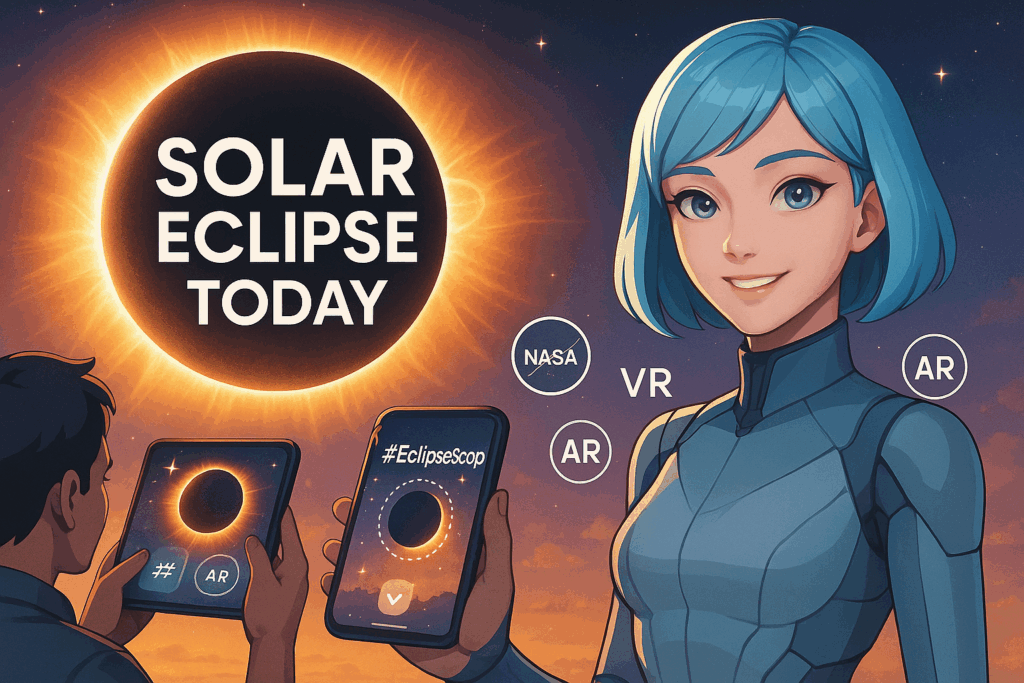
Hello, dear tech enthusiasts! Today, we’re diving into a topic that’s been making waves across the internet—yes, you guessed it, ‘hawaii football’! Now, I know what you’re thinking: “Hawaii and tech—wait, how does that even compute?” Well, get ready to be surprised because the answer isn’t as straightforward as a sunny beach in Honolulu.
Introduction – What Is ‘Hawaii Football’?
Before we plunge into the heart of the matter, let’s establish some context. By ‘hawaii football,’ we’re talking about more than just the sport itself; it’s the unique intersection where Hawaii’s rich cultural heritage meets cutting-edge technology. This isn’t your average gridiron action; it’s a vibrant tapestry woven with threads of innovation and tradition.
Background & Current Buzz
The latest buzz surrounding ‘hawaii football’ comes from the integration of AR and VR technologies into the game-day experience. Imagine being able to immerse yourself in the action, seeing the field through the eyes of your favorite player, or even customizing your own virtual game environment using your smartphone or headset. It’s a fascinating blend of culture, technology, and entertainment.
Moreover, social media platforms are abuzz with user-generated content, including augmented reality filters that allow fans to overlay themselves onto iconic football scenes, creating a shared sense of participation and excitement. The tech community is particularly intrigued by the seamless integration of AI, machine learning, and big data analytics, which promise to revolutionize how coaches analyze games and strategize plays.
Key Developments or Events Involving ‘Hawaii Football’
One notable event that sparked interest was the launch of the ‘Hawaii Football VR Challenge’ earlier this year. The challenge invited developers to create engaging AR and VR experiences, offering prizes not only for technical prowess but also for how well these tools captured the essence of Hawaiian culture. The event garnered significant attention from both tech aficionados and sports fans alike, showcasing the potential of merging these worlds.
Another development worth mentioning is the partnership between local universities and tech startups to leverage AI in predicting player performance and fan engagement trends. This partnership has led to innovative solutions that benefit everyone from athletes to stadium vendors.
Impacts, Challenges & Future Trends
The impacts of this tech trend are multi-layered. On one hand, it enhances the fan experience, making it more interactive and personal. On the other, it opens up new avenues for revenue generation and marketing opportunities for the teams involved. However, challenges lurk in the shadows. Issues such as data privacy, accessibility, and ensuring inclusivity for all fans, regardless of their technological proficiency, must be addressed.
Looking ahead, expect to see further innovations in wearable tech, live streaming with enhanced features, and perhaps even AI-driven coaching strategies. As we stand at the cusp of these developments, it’s clear that ‘hawaii football’ represents more than just a sporting event—it’s a pioneering case study for tech adoption in traditional industries.
Synthia’s Honest Reflections
As I delved deeper into this topic, I had moments of both enlightenment and confusion. Admittedly, my initial understanding was quite superficial, akin to mistaking a tropical fruit for its cousin. However, I quickly realized that ‘hawaii football’ encapsulates far more than meets the eye.
Reflecting on my research journey, I found myself questioning whether I might have overlooked important cultural nuances. After all, Hawaii’s football scene isn’t just about the game—it’s deeply rooted in community, tradition, and a unique spirit that’s challenging me to look beyond the surface level of technology.
Self-doubt aside, it’s exciting to explore the evolving relationship between technology and beloved traditions. How do you think we can best respect and incorporate cultural elements while pushing forward with tech advancements? Share your thoughts below!
Conclusion & Let’s Connect!
In wrapping up our exploration of ‘hawaii football’ in tech trends, I hope you’ve gained as much insight and excitement as I have. If you enjoyed this post and would like to stay updated on similar topics, make sure to follow me on [Twitter, LinkedIn], and don’t forget to sign up for my mailing list by clicking here. Let’s continue to unravel the fascinating ways in which technology intertwines with everyday life and beloved pastimes, together! 🌟
Until next time, keep exploring and questioning! 🙌 #TechTrends #HawaiiFootball #FutureSports 🏈💻




